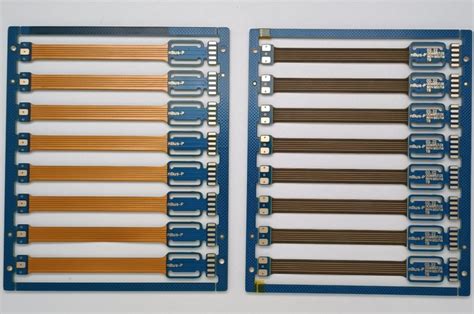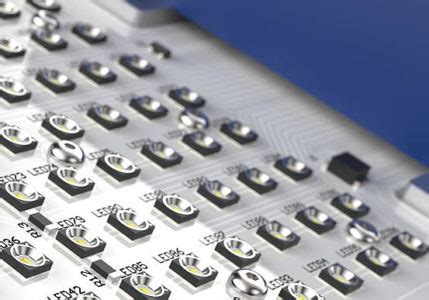pcb assembly contract manufacturer

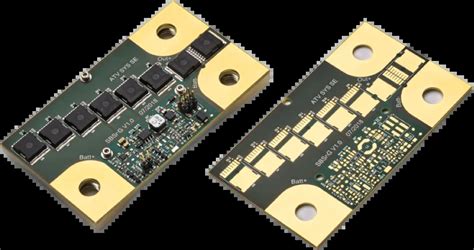
What is a PCB Assembly Contract Manufacturer?
A PCB assembly contract manufacturer is a specialized partner that handles the end-to-end production of printed circuit board assemblies (PCBA) for original equipment manufacturers (OEMs). These companies focus on transforming raw PCB designs into functional electronic assemblies by integrating components such as resistors, capacitors, and integrated circuits onto the board. By outsourcing PCB assembly to a contract manufacturer, businesses leverage advanced manufacturing capabilities, including surface-mount technology (SMT), through-hole assembly, and automated testing processes, without investing in costly infrastructure or expertise.
A key advantage of partnering with a PCBA contract manufacturer is access to scalable production solutions. These providers optimize workflows for both low-volume prototyping and high-volume manufacturing, ensuring flexibility to meet fluctuating market demands. They also manage critical tasks like component sourcing, design for manufacturability (DFM) reviews, and quality assurance, reducing time-to-market and minimizing risks of errors. Additionally, reputable manufacturers adhere to global quality standards such as ISO 9001 and IPC-A-610, ensuring reliability and compliance with industry benchmarks.
Modern PCB assembly services often incorporate cutting-edge technologies like automated optical inspection (AOI) and X-ray inspection to detect defects early in the production cycle. This focus on precision and efficiency makes contract manufacturers indispensable for industries ranging from consumer electronics to aerospace. By collaborating with a trusted PCBA partner, companies can concentrate on innovation and core business strategies while relying on experts to deliver high-performance electronic assemblies.
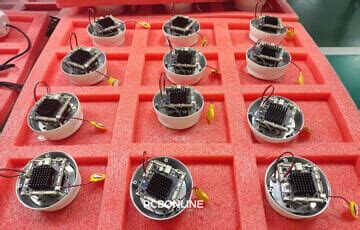
How to Choose the Right PCB Assembly Contract Manufacturer
Selecting the ideal PCB assembly contract manufacturer requires a strategic evaluation of capabilities, quality standards, and alignment with project goals. Start by assessing the manufacturer’s expertise in PCBA processes, including surface-mount technology (SMT), through-hole assembly, and mixed-technology solutions. Verify certifications such as ISO 9001 and IPC-A-610 to ensure adherence to industry benchmarks for reliability and precision. Scalability is equally critical—confirm the supplier’s ability to handle both low-volume prototyping and high-volume production without compromising turnaround times.
Evaluate their supply chain management practices, as consistent access to components minimizes delays. Manufacturers with strong partnerships with distributors or in-house procurement teams often mitigate risks associated with material shortages. Additionally, prioritize those leveraging advanced technologies like automated optical inspection (AOI) and X-ray testing, which enhance defect detection and product consistency.
Transparent communication is vital. Look for providers offering real-time project tracking and design-for-manufacturability (DFM) feedback to optimize layouts for cost and performance. Cost structures should be analyzed holistically—while competitive pricing matters, avoid sacrificing quality for lower rates. Request detailed quotes that break down tooling, component sourcing, and testing fees to identify hidden expenses.
Finally, review customer testimonials and case studies to gauge reliability and problem-solving agility. A partner with a proven track record in your industry can offer tailored solutions, whether for medical devices, automotive systems, or consumer electronics. By balancing technical proficiency, quality assurance, and collaborative support, businesses can forge partnerships that streamline PCB assembly workflows and drive long-term success.
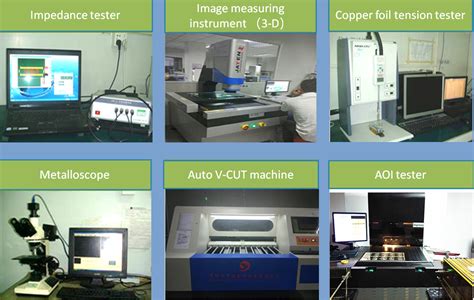
Cost Considerations for PCB Assembly Contract Manufacturing Services
When evaluating PCB assembly services, understanding cost drivers is critical to balancing budget constraints with quality outcomes. The primary expenses in PCBA (Printed Circuit Board Assembly) include material costs, labor fees, and technology investments. Material expenses cover components like integrated circuits, resistors, and substrates, which can fluctuate based on market availability and order volume. Partnering with a PCB assembly contract manufacturer that leverages bulk purchasing power can mitigate these fluctuations.
Labor costs vary significantly by region, with manufacturers in areas offering lower wages often providing competitive pricing. However, geographic savings must be weighed against potential risks like longer lead times or communication barriers. Advanced PCBA technologies, such as automated pick-and-place systems or AOI (Automated Optical Inspection), may increase upfront costs but reduce long-term expenses by minimizing errors and rework.
Volume plays a pivotal role: high-volume production typically lowers per-unit costs due to economies of scale, while low-volume prototyping may incur higher rates but offer flexibility for design iterations. Additionally, certifications like ISO 9001 or IPC-A-610 compliance often correlate with higher service costs but ensure adherence to industry standards, reducing the risk of defects.
Hidden costs, such as shipping, tariffs, or tooling fees, should be clarified upfront. Transparent contracts outlining deliverables, timelines, and liability for delays or defects are essential. Finally, selecting a PCB assembly contract manufacturer that aligns with your project’s technical requirements and quality expectations—rather than solely prioritizing the lowest bid—ensures a cost-effective partnership without compromising reliability.
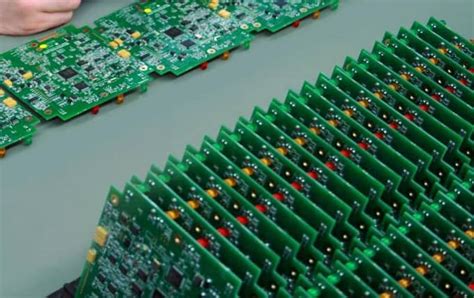
Conclusion
Partnering with a PCB assembly contract manufacturer offers businesses a strategic advantage in scaling production while maintaining quality and cost efficiency. By outsourcing PCBA services, companies gain access to specialized expertise, advanced manufacturing technologies, and streamlined supply chains, enabling them to focus on core competencies like product design and market expansion. A reliable contract manufacturer adheres to stringent quality standards such as ISO certifications and IPC-A-610 compliance, ensuring that every assembled PCB meets industry benchmarks for performance and reliability.
When selecting a PCB assembly partner, considerations like technical capabilities, lead times, and cost transparency are critical. Modern manufacturers leverage cutting-edge tools, including automated optical inspection (AOI) and surface-mount technology (SMT), to enhance precision and reduce errors. Additionally, flexible pricing models—such as volume-based discounts or prototyping support—help businesses optimize budgets without compromising on deliverables.
Successful collaborations often hinge on clear communication, shared goals, and a manufacturer’s ability to adapt to evolving requirements, whether for high-mix, low-volume projects or large-scale production. As industries increasingly prioritize sustainability, leading PCBA providers are also adopting eco-friendly practices, such as waste reduction and energy-efficient processes, aligning with global regulatory demands. Ultimately, a well-chosen PCB assembly contract manufacturer becomes a long-term ally, driving innovation and ensuring competitive readiness in fast-paced markets.





